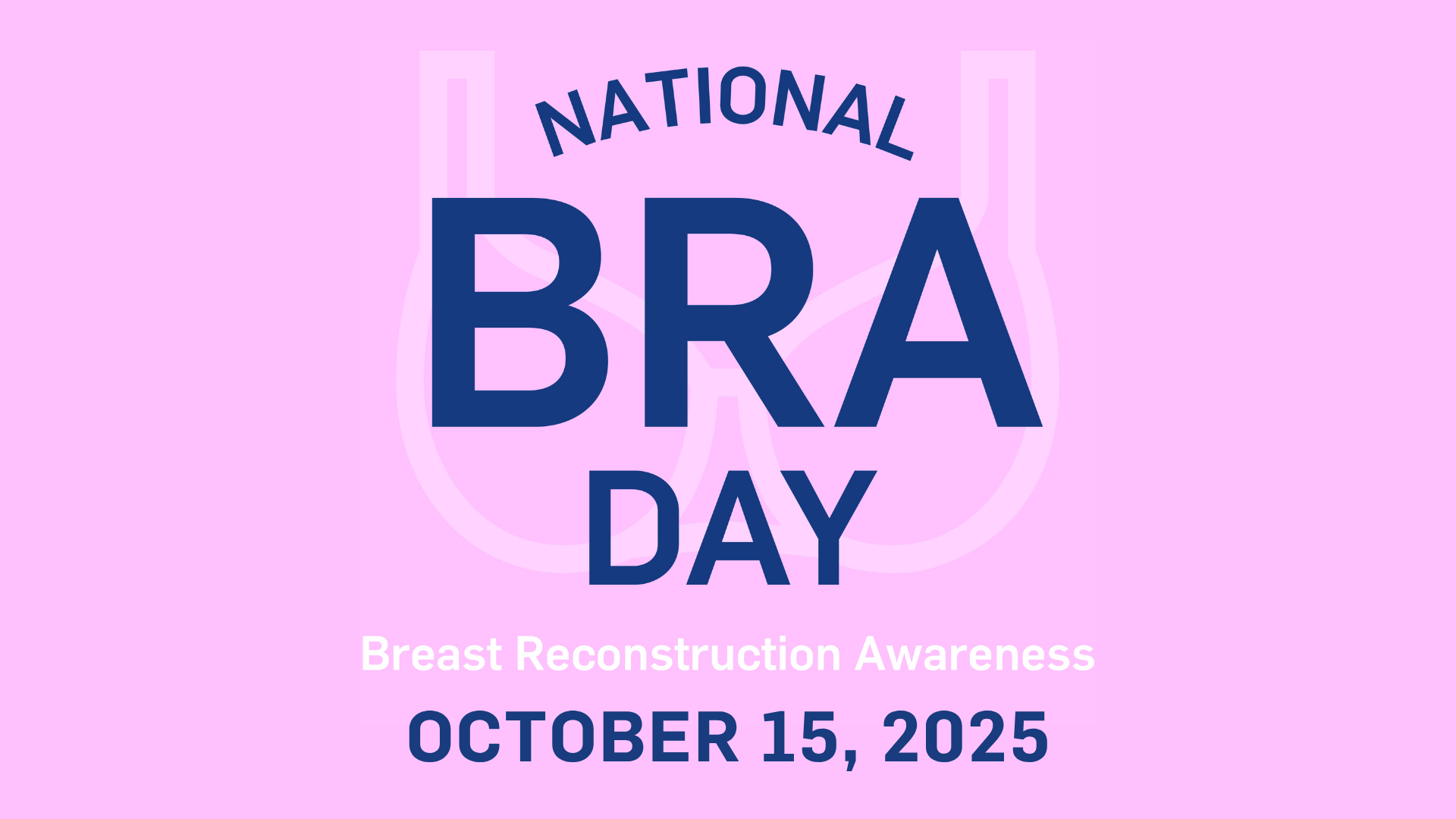How has this research helped transplant candidates?
This research found that a new process to give brain-dead donors (BD donors) fluids through a vein may raise the number of organs that can be transplanted. Each donor treated with the new process had an average of 3.4 transplanted organs compared to 2.9 from each donor treated with the standard process. The researchers suggest that organ procurement organizations (OPOs) should consider using the new process.
Why was this research needed?
Researchers are looking for ways to make more organs available for transplant. BD donors often have poor heart function (heart doesn’t work well) and are dehydrated (not enough water in the body). This causes low blood pressure which means organs may not be healthy enough for transplant.
To keep BD donors’ hearts working and blood pressure stable until surgery, OPOs give:
- Fluids through a vein (intravenous or IV fluids)
- Medicines to raise blood pressure (vasopressors)
Doctors at each OPO must decide how much fluid to give to be able to stop or limit vasopressors quickly. Long-term use of vasopressors can lower the heart’s ability to pump blood.
Researchers designed this study to learn if a new process for giving IV fluids based on how well the BD donor’s heart pumped blood could save more organs for transplant.
What happened during this research?
Researchers screened BD donors at Mid‐America Transplant’s specialized organ donor care facility. A donor could be in this study if they needed vasopressors to treat low blood pressure. The new process included:
- Giving donors extra IV fluids
- Measuring how much blood their heart pumped every 30 minutes for 4 hours
- Giving more IV fluids only if a donor’s heart pumped 10% more blood
- Trying to stop or limit vasopressors as soon as possible before transplant surgery
Researchers compared 64 BD donors who were treated using the new process to 30 who were treated using a standard process. The standard process may have given IV fluids to donors, but it wasn’t based on how well their hearts pumped blood.
What did researchers learn?
Researchers learned that BD donors treated with the new process were given more IV fluids and spent less time on vasopressors compared to the donors treated with the standard process.
Donors treated with the new process were more likely to donate 4 or more organs than those treated with the standard process.
- Donors treated with the new process donated an average of 3.4 organs each
- Donors treated with the standard process donated an average of 2.9 organs each
Although donors treated with the new process had more transplanted organs, researchers need more studies to know if this difference was meaningful.
What is a brain-dead donor (BD donor)?
An organ donor whose brain is no longer working in any way and never will work again. A BD donor has total and permanent loss of all brain activity based on many tests.
Additional information
Read the original research article at https://pubmed.ncbi.nlm.nih.gov/31957104/
Co-authored by:
- Gary Marklin, Mid-America Transplant
- William Dean Klinkenberg, Mid-America Transplant
- Benjamin Helmers, Mid-America Transplant
- Thomas Ahrens, Viven Health



